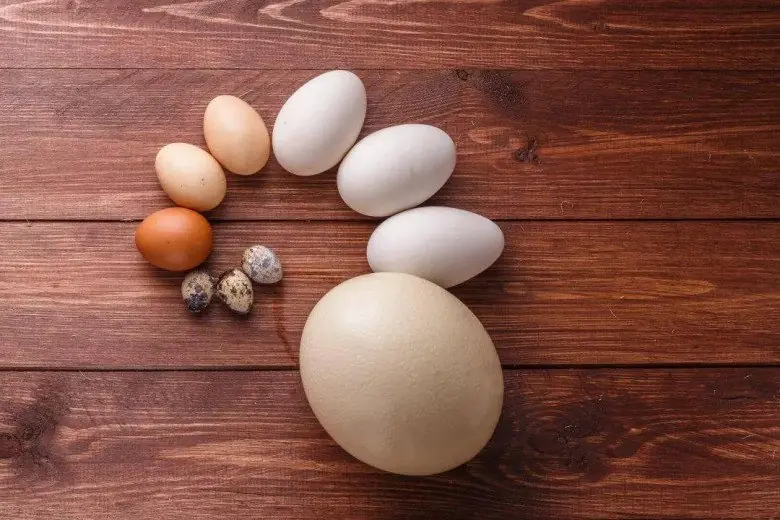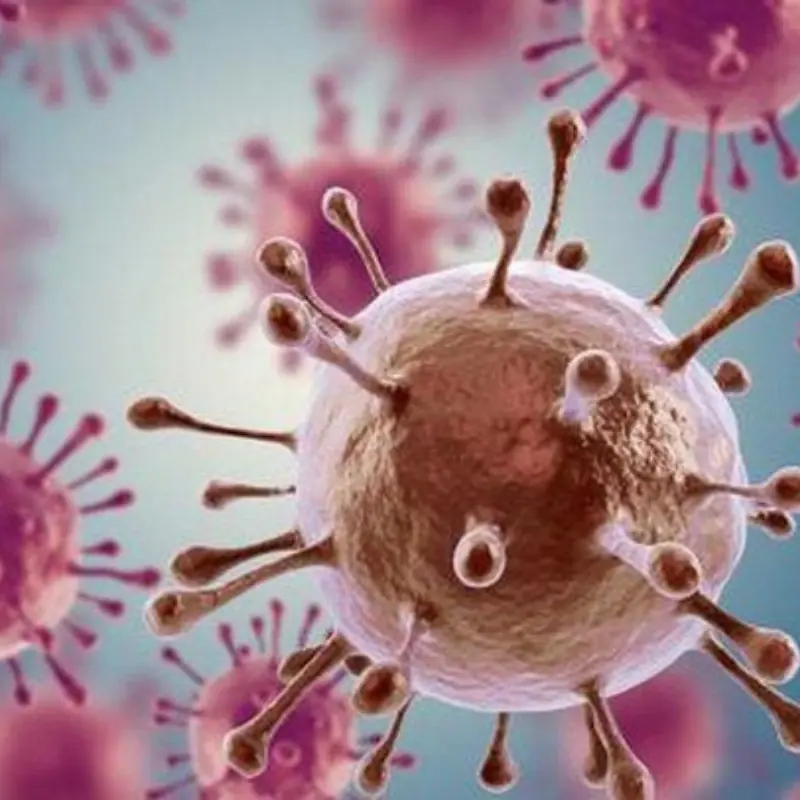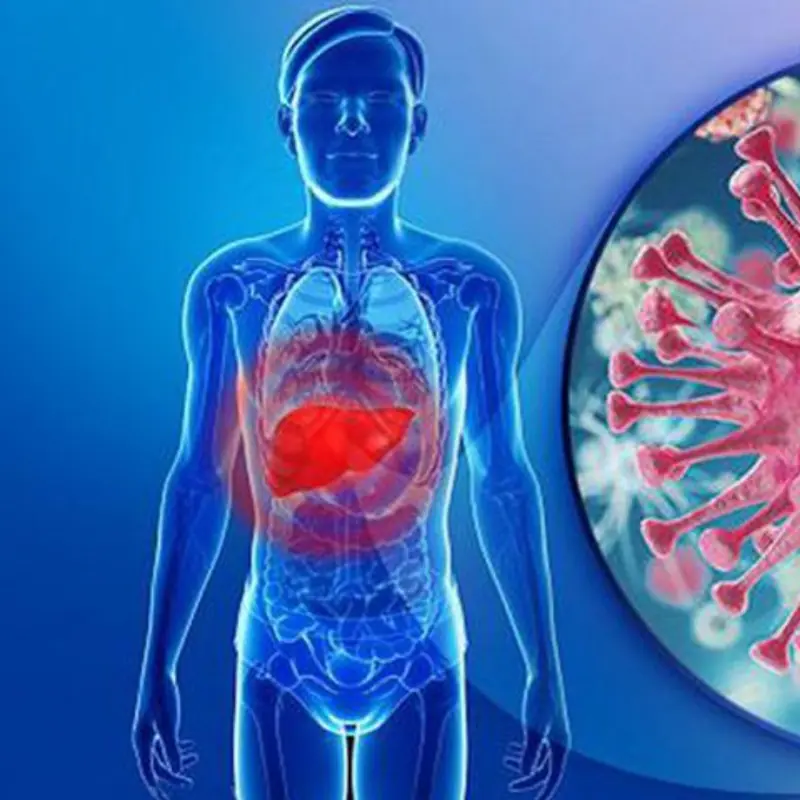
Which Is the Most Nutritious: Chicken Eggs, Duck Eggs, Goose Eggs, or Quail Eggs?
Which Is the Most Nutritious: Chicken Eggs, Duck Eggs, Goose Eggs, or Quail Eggs?
According to VnExpress, Dr. Nguyễn Thùy Linh from Hanoi Medical University Hospital says that eggs are rich in nutrients like betaine and choline, which are excellent for heart health and brain development. They also contain a good amount of vitamin D, helping to prevent osteoporosis and rickets. The nutritional composition of eggs is well-suited for those following a diet. However, each type of egg has its own unique health benefits.

Chicken Eggs
As shared on Medlatec General Hospital’s website with input from Dr. Dương Ngọc Vân, chicken eggs are considered a “superfood” due to their nutrient density. Each egg contains protein, healthy fats, calories, folate, and a variety of vitamins and minerals including A, B2, B5, B6, B12, D, K, phosphorus, selenium, calcium, zinc, and more.
-
Good for eye health: Rich in antioxidants like zeaxanthin and lutein, which may help reduce the risk of macular degeneration and cataracts. The vitamin A content also supports overall eye health.
-
Strengthens bones and hair: Vitamin D in eggs enhances calcium absorption, supporting strong bones, hair, and nails. Amino acids and minerals in eggs also help maintain biochemical balance and promote healthier hair.
-
Supports brain function: Eggs contain choline, a nutrient essential for cell membrane formation and brain signal transmission. A choline deficiency can result in cognitive decline or neurological issues.
-
Cholesterol impact: Although eggs are high in cholesterol, they generally do not significantly raise blood cholesterol levels for most people. In some cases, they may slightly increase total and LDL cholesterol.
-
Boosts HDL (good cholesterol), reducing the risk of heart disease.
-
Rich in omega-3 fatty acids, helping to lower triglyceride levels and support cardiovascular health.
-
Supports weight loss: Eggs are nutrient-dense and promote satiety, making them a great addition to weight-loss diets.
Duck Eggs
According to the Vietnam Food Composition Table, duck eggs contain around 130 calories—twice as much as chicken eggs. They also have higher amounts of protein, saturated fat, and vitamins. Duck eggs are rich in omega-3 fatty acids, which help fight inflammation and reduce the risk of chronic diseases. Their thicker shells allow for longer storage.
Most of the nutrients are concentrated in the yolk.
Goose Eggs
Goose eggs are about three times larger than chicken eggs, which often leads people to believe they are more nutritious. However, their nutritional composition is fairly similar to chicken eggs—the larger volume accounts for higher totals in some nutrients.
That said, goose eggs contain much more cholesterol, which can be concerning for heart health. One large chicken egg has about 186mg of cholesterol, while a goose egg contains roughly 1227mg. People with high cholesterol should avoid goose eggs.
Quail Eggs
According to Health, quoted by Tri Thức Trẻ, despite being the smallest, quail eggs are up to four times more nutrient-dense than chicken eggs per gram. A typical quail egg weighs about 8.5g and contains 14 kcal and 1.2g of protein. It also offers similar amino acids, vitamins, and minerals as chicken and duck eggs.
-
Brain booster for kids: Rich in choline and vitamin D, which support brain development, neurotransmission, and memory.
-
Enhances immunity and eyesight in young children.
-
Less allergenic than chicken eggs, making them more suitable for children under six.
-
Beauty and health benefits: Quail eggs are believed to nourish skin, clear phlegm, support lung health, and help prevent strokes in the elderly. In Japanese tradition, quail eggs are prized like ginseng for their restorative properties.
However, due to their high cholesterol content, people with high blood fat levels should consume them in moderation.
Summary:
-
Quail eggs are ideal for young children.
-
Duck eggs are suitable for those with physically demanding jobs.
-
Chicken eggs are recommended for individuals with heart conditions or high blood pressure.
Important reminders:
-
Do not consume too many eggs in one day.
-
Avoid eating raw eggs.
-
Do not eat eggs when experiencing diarrhea.
-
Those with medical restrictions should follow their doctor's advice.
News in the same category


Do Birth Control pi.lls Cause Stro.ke in Women? Important Safety Reminders When Using Contraceptive pi.lls

Dull abdominal pain, abdominal pain around the navel, be careful because you may have this disease

Paralytic ileus: Causes, symptoms, treatment and prevention

8 Early Warning Signs of Kid.ney Failure – Young People Should Also Stay Alert

7 Persistent 'Minor Illnesses' That May Signal Can.cer – Don’t Ignore Them!

What happens to your bo.dy when you frequently stay up late?

5 types of drinks that help lower blo.od sugar quickly

Experts explain why sleeping in a car can be f.a.t.a.l

Many people still have the habit of drinking these beverages daily

This vegetable de.stroys more than 90% of ca.ncer cells, but everyone thinks it is a wild vegetable without paying attention

7 foods that kill cancer cells

When the Liver Is Unhealthy, the Body May Show '3 Yellows and 1 Red'

Signs of cancer from black spots on the feet

Two young female stroke patients, the cause was long-term use of this drug

A 5-Minute Test That Could Save Thousands of Lives Every Year: Who Should Get It Done Immediately

Fig Leaves: A Natural Antidiabetic

3 sisters over 100 years of age share their reasons for a long and healthy life

69-year-old man d.i.es after drinking coconut water: URGENT warning about a mistake
News Post

Be sure to unplug to reduce electricity bill

Add One of These 3 Ingredients to Your Rice Cooker – You’ll Never Want to Cook Rice the Old Way Again

Cooking Eggs the Wrong Way Can Be Like "Poi.soning" Your Body – Mistake #2 Is Especially Common!

Why Do Healthy People Suddenly Die After Being Diagnosed with Can.cer? Doctors Explain the Reasons

Do Birth Control pi.lls Cause Stro.ke in Women? Important Safety Reminders When Using Contraceptive pi.lls

Dull abdominal pain, abdominal pain around the navel, be careful because you may have this disease

Paralytic ileus: Causes, symptoms, treatment and prevention

Don't Just Use Sugar and Fish Sauce for Marinated Grilled Meat — Add This Liquid for Tender, Flavor-Packed Pork You’ll Never Forget

A Logic Puzzle That Stumped Many — Can You Solve It?

8 Early Warning Signs of Kid.ney Failure – Young People Should Also Stay Alert

Your Phone's Volume Buttons Aren’t Just for Adjusting Sound: 5 Hidden Functions You Might Be Missing

7 Persistent 'Minor Illnesses' That May Signal Can.cer – Don’t Ignore Them!

What happens to your bo.dy when you frequently stay up late?

Here’s What Happens When You Use Vaseline as a Moisturizer

5 types of drinks that help lower blo.od sugar quickly

Great tip every family needs

Experts explain why sleeping in a car can be f.a.t.a.l

Many people still have the habit of drinking these beverages daily

This vegetable de.stroys more than 90% of ca.ncer cells, but everyone thinks it is a wild vegetable without paying attention

